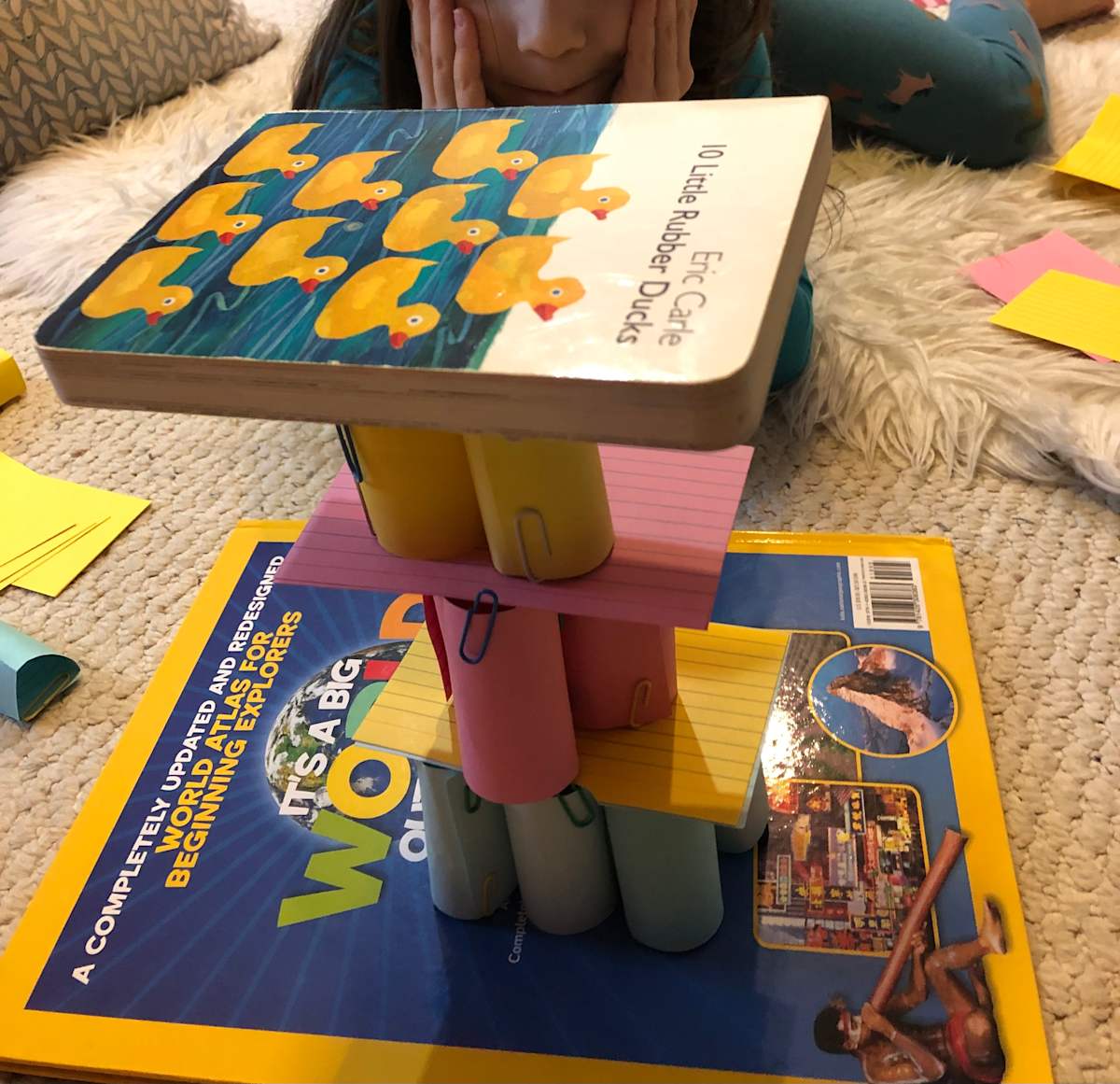I started writing middle grade novels when I was well into my fifties. I sent my first query at 58 and got my first rejection soon after. Six years and a couple hundred queries later, the rejections keep coming, and not for one book but for two. What have I learned? Literary agents, on balance, are too young.
Let’s face it, getting a literary agent is hard. Anyone in the game has heard the stories of the writing slog amidst mounds of rejections. Combine that with the sound of crickets that often follow a query and, well, you get it, landing a literary agent can be as difficult as writing a novel.
The odds of getting an agent, according to Jericho Writer, is about one in a thousand. That’s 999 queries rejected, one not. The Bestsellingauthorä website puts it at one in six thousand. Yikes! I have no idea how these numbers were arrived at, but intuitively I know them to be true. To get an agent must truly feel like you’ve won the lottery.
My history of agent querying is a bit haphazard but consistent. I send out a batch, watch the rejections trickle in, get angry, then depressed, followed by a period of simmering, then send out another batch, and repeat.
The consistency of rejection—the “there’s a lot I like about [insert title], but I don’t think it’s for me”—hasn’t altered my belief that my books are damn good. The line, “I think I’ll pass,” as if to say, “I can’t believe you’re asking, but since you are…,” doesn’t even stop me in my tracks.
Yes, I’ve considered the underlying meaning of so many nos. Maybe the constancy of rejection is evidence of poor novel quality. “It ain’t good”; “it won’t sell”; “it’s not enough of this, or it’s too much of that.” I could interpret all of it as agents telling me as nicely as possible to give it up and stick with my day job.
I’m not ready to do that. People who have read my novels say they’re good. Not all of them are friends. The few who are in the business say it’s only a matter of time. “Oh, this will be published one day,” more than one has said. Thus, I’m led to the conclusion that it’s not me or my novels. It’s the agents.
I, like a lot of writers, search for agents online and run to meet them at conferences. I hang on their every word in magazines like Writer’s Digest and Poets and Writers and on blogs and online courses. I do my homework, look for the best fit for me, follow submission criteria to the letter, and stalk their online profiles for tidbits that might give me an in. Besides the consistency of rejection that results, the only other take-away I can fathom is all these agents are too young.
I know there are older agents out there. There are agents over fifty who have some memory of the 1970s and the rise of young adult literature. They tend to be well-established, though, with hefty client lists and reputations that rightly make a 63-year-old upstart look, well, like an old person thirty years late to the dance.
It’s the younger agents I must appeal to, which based on appearances are about 98% of the agent pool. According to WordsRated’s Literary Agent Statistics, “the largest age group among literary agents in the U.S. is between 30 and 40 years old as of 2023.” Zippia.com puts the average age at 43. Factor in the few older one, and I know I’m right about the rest. They’re all under 40.
Technically speaking, it’s not the age, though, that’s the problem. It’s what that age conveys or doesn’t convey. Even as they may have kids of their own, they haven’t lived long enough in the world of adolescent chaos to know what adolescents really want and need. Sure, they know their own offsprings, of which some may be adolescents, but do they know Jo Blow’s or May Doe’s down the street or across town? They know the literary market but not the worlds adolescents inhabit.
Granted, these young literary agents have a grasp on what the literary world offers adolescents and, in turn, what parents and teachers want kids to read. Yet, it is this grasp that leads to their second shortcoming. They read too much.
Reading too much is not necessarily a shortcoming. But if you’re getting your understanding of adolescents from reading about them then you’re probably too optimistic. You’re expecting everything in a novel to turn out okay. If they spent time with adolescents, young agents would know that’s not the case most of the time. Things don’t always turn out okay, but life goes on, sometimes with no lesson learned. Why should the books adolescents read be any different?
I’m not going to stop querying agents. I’m not giving up on young agents either. I liken them to characters in my books—limited yet determined, sometimes obstinate, sometimes endearing, but always doing the work needed to survive, even if it’s not necessarily the right work. Who knows, given time, I might circle back and query some of those I’ve already queried. People can change, and maybe time will have wizened them a bit. If not, it will at least get me closer to the magic one thousand queries and the lucky whipper snapper who will get to represent me.
